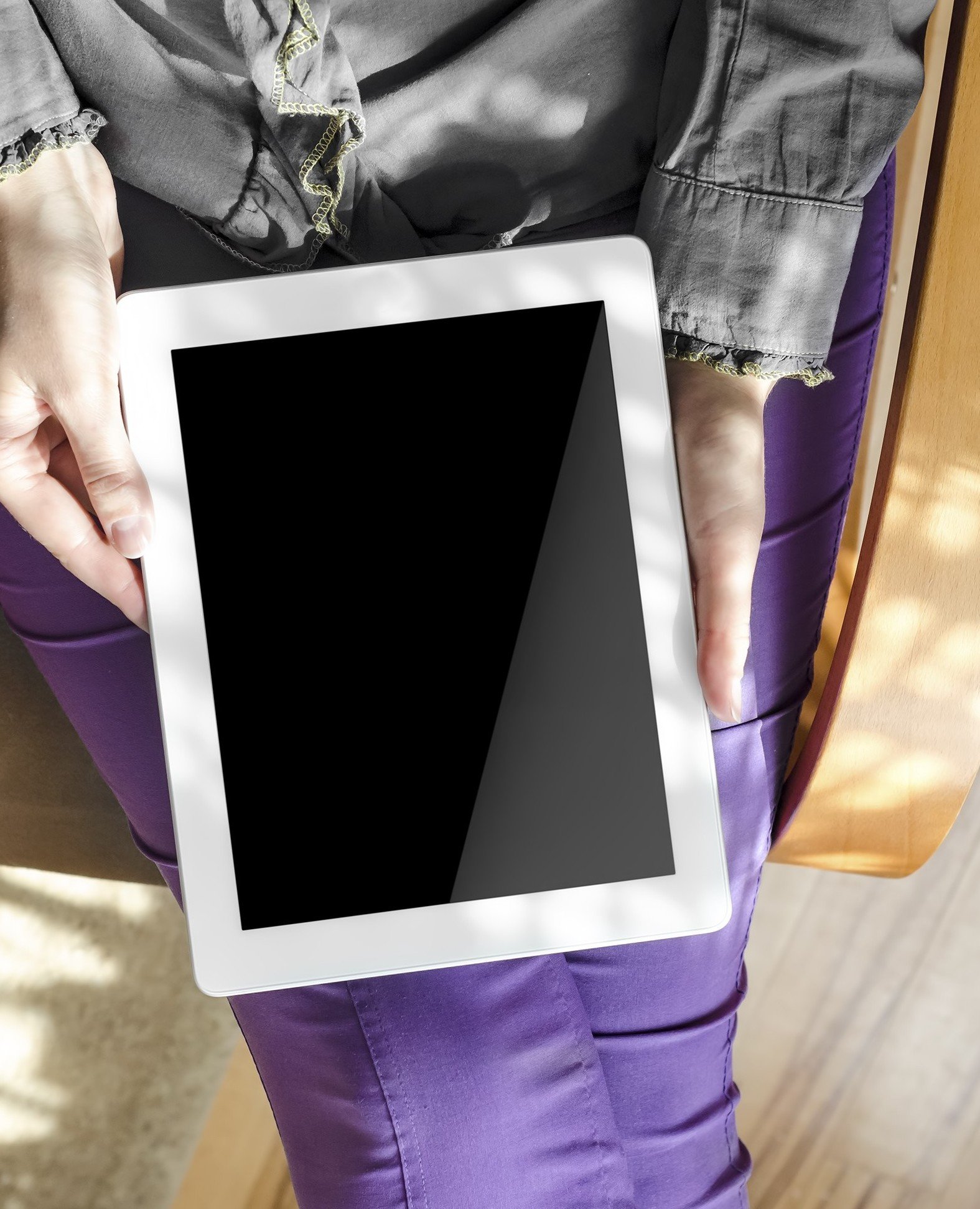Find out the week’s top mobile stories from around the world.
This week.. Cisco report pegs mobile growth to reach 5.5 billion devices by 2021, IoT boom + GDPR raises stakes of cyber security breach, tablet sales continue decline, China’s new top smartphone brand and much more.

Mobile phone use expected to top 5.5 billion devices by 2021
Tech Republic
Globally, mobile phone use will increase 7-fold, reaching 5.5 billion devices by 2021, according to the 11th annual Cisco Visual Networking Index Global Mobile Data Traffic Forecast.
“Mobile is the way to go. Increasingly, more and more people are getting connected to the mobile technology and in fact, as per our latest findings, there are more mobile users than there are people with running water and bank accounts in many countries around the globe,” said Shruti Jain, senior analyst for Cisco. The world’s population is projected to reach 7.8 billion by 2021, according to United Nations’ estimates.
“The 2021 number [for mobile video] is 122x the traffic that was generated in 2011. That’s pretty fast-paced growth,” Jain pointed out.
Read more…
IoT boom and GDPR raise the stakes of a cyber security breach
Information Age
The burgeoning number of connected devices as part of the Internet of Things will see the global spend on cyber security technology surpass $1.8 billion by 2020, according to new research from IHS Markit.
It is estimated that the number of IoT devices will rise 15% to hit 20 billion in 2017.
According to the report, the industrial sector – led by building automation, industrial automation and lighting – will account for nearly one half of new connected devices between 2015 and 2025.
Read more…
The Tablet Market Continues To Decline
CIO Today
The tablet market woes continue as growth in detachable tablets shipment declined in 4Q 2016, says IDC. Global vendors shipped 52.9 million tablets in the fourth quarter of 2016, indicating a decline of 20.1% from the same quarter one year ago. Similarly, tablet shipments of 174.8 million units for the full year of 2016 were down 15.6% compared to 2015, marking the second straight year of declining shipments.
This is according to a report from the International Data Corporation Worldwide Quarterly Tablet Tracker, which reveals the fourth quarter of 2016 (4Q16) marked the ninth consecutive quarter that tablet shipments have declined.
Read more…
WIRED’s Mobile World Congress predictions for 2017
WIRED
Mobile World Congress in Barcelona. It’s where the global tech industry – apart from Apple, which cannily prefers the levels of control that come only from hosting your own party and being the only guest – gathers to get excited about new smartphone launches, VR and AR developments, chipsets and wearables. The public show opens on February 27 but the big announcements will happen on press day, on February 26. Here’s what WIRED is expecting to see.
Following last year’s modular G5 with battery, camera and DAC add-ons, comes its successor, the LG G6. It is thought LG is moving away from the modular experiment, which is a shame as this is a neat idea that just needs to be executed correctly. The G6 may have a tempered glass back rather than aluminium, slim bezels and curved corners…
Read more…
China’s new smartphone king is a brand you’ve probably never heard of
Tech In Asia
After the demise of HTC, Samsung, and Xiaomi in recent years in China’s smartphone market, all the smart money was on Huawei lifting the crown in 2016. But that’s not what happened.
China’s top phone brand last year was actually Oppo, according to data this week from IDC.
The US-based analyst firm says that “aggressively pushing mid-range smartphones” into China’s smaller and poorer cities, where people are trading up from budget phones, helped boost Oppo as well as its two nearest rivals, Huawei and Vivo.
2016 was the year Chinese consumers rebuffed Xiaomi’s phones as well as its entire modus operandi of selling phones online. IDC saw a “slowdown of the growth of the online channel in China” as shoppers went to brick-and-mortar stores to buy their fondleslabs.
Read more…
Most top fundraising charities’ websites have ‘poor’ mobile speed
Civil Society News
Research conducted by Fundraising Magazine has shown that 17 of the top 20 fundraising charities in the UK have ‘poor’ mobile website speed. Using Google’s mobile website speed testing tool, Fundraising Magazine found that only three of the top 20 fundraising charities in the UK’s websites achieved either a “fair” or “good” rating when it came to mobile speed.
The research also tested large fundraising charities websites in terms of overall mobile-friendliness as well as on desktop speed.
Separate Google research showed that “nearly half of all visitors” will leave a mobile site if the pages don’t load within three seconds, which means that charities who with poor mobile speeds could potentially be missing out on millions of pounds in donations.
Mobile app approved as an alternative contraceptive
Engadget
For the first time, an app that monitors fertility via algorithms has been officially certified for contraception use. Germany’s Department of Health approved the mobile Natural Cycles app, meaning it can now be prescribed by doctors in Europe and the UK in lieu of the pill, condoms or IUDs. It works in a similar way to the “rhythm” method, telling women how fertile they are and therefore when they can have sex with little risk of getting pregnant.
The app costs £6.99 per month, has around 100,000 UK users and works on a fairly simple principal. During ovulation, higher progesterone levels increase a woman’s body temperature nearly a half degree Celcius (0.8 Fahrenheit).
Read more…
Ghanaian operators hit out at mobile money tax
Mobile World Live
The Ghanaian government risks “shooting down” its efforts to create a less cash-reliant economy by taxing mobile money services, mobile operators told Citi Business News.
Sources from operators, including MTN Ghana, responded to reports the country’s Communications Minister Ursula Owusu-Ekuful believed a tax on mobile money was “not a bad option”. Although authorities have made no decision on a levy, operators have been quick to criticise any move towards such a fee.
Read more…
Google message extension will ‘transform business by text’
Business Cloud
A Google innovation is being supported by the UK’s leading SMS companies, who claim it will transform business-to-customer communications.
The new extension will enable any business, organisation or brand to add a SMS button alongside their name in search results.
When clicked, an automatic text is sent to the business from the customer.
This can set off any number of internal alerts within the business or even a series of automatic responses designed to acknowledge or answer the initial contact request.
Read more…
Solar Power Taking Hold in Nigeria, One Mobile Phone at a Time
Inside Climate News
A fast-growing energy solution is springing up in Nigeria, Africa’s largest country, where three-quarters of people still have little or no access to electricity. Off-grid solar-powered kits, consisting of a single rooftop solar panel and a suitcase-sized battery, are beginning to electrify rural homes, powering small appliances, mobile phones and fans using the nation’s abundant sunshine.
The do-it-yourself kits are replacing candles, kerosene lighting and diesel generators that are costly and have health and safety risks. But what is making them increasingly popular is how easy they are to pay for.
The systems—already prevalent in Kenya, Rwanda and India—are being sold in Nigeria by Lumos, a five-year-old startup based in the Netherlands.














